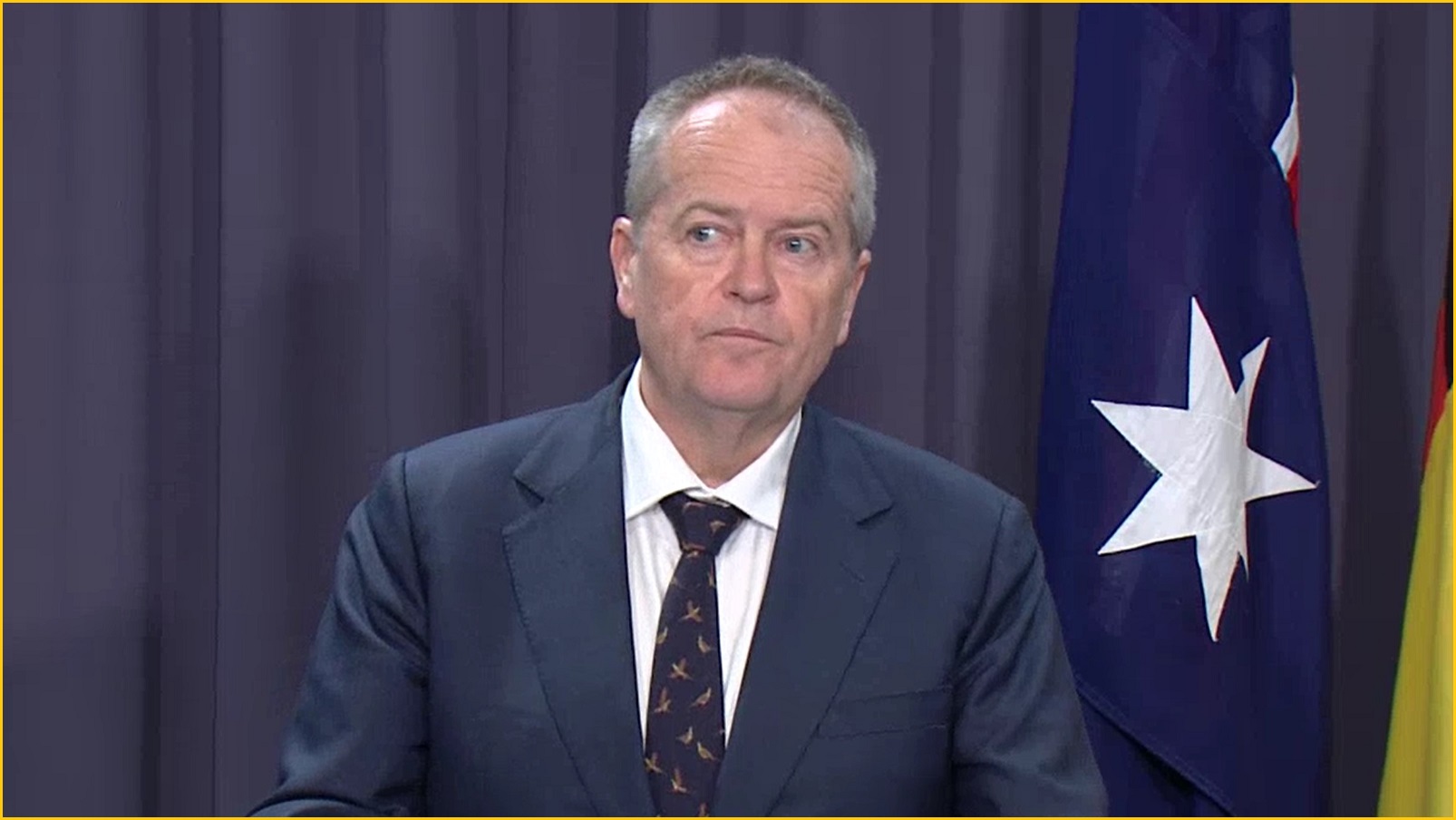The Commonwealth has agreed to implement recommendations from the Robodebt Royal Commission that called for a much-needed overhaul of the way the government handles automated decision-making and inter-departmental data sharing in the wake of the “crude and cruel” Robodebt scheme.
On Monday, the government published its response to the Royal Commission’s findings agreeing at least in principle to all 56 recommendations, though it decided against the Commissioner’s observation that Cabinet documents should be subject to freedom of information laws.
Each of the 16 public servants named in a sealed section of the Royal Commission’s report is being investigated by the public service commissioner.
Government Services Minister Bill Shorten said the response to the Royal Commission will “ensure Robodebt cannot happen again”.
“To those who took their own lives because of Robodebt and their families we pay our respects” he said.
“The horrible pain inflicted upon you should never have happened.
“Never again should people receiving government support be demonised as second-class citizens.”
Attorney General Mark Dreyfus echoed the Royal Commission’s report, calling Robodebt “a shameful chapter” in the history of our welfare system.
“This was not an innocent mistake, this was a deliberate, calculated scheme,” Dreyfus said.
“In essence, people were traumatised on the off-chance they might owe money.”
Robodebt was an unlawful automated debt recovery scheme designed to claw back money from vulnerable Australians.
It automatically matched data welfare recipients provided to Centrelink with data from the Australian Tax Office (ATO) and sent out letters demanding people erroneously pay back thousands of dollars to the government.
Automated decision-making
While the system itself was relatively unsophisticated – using a crude method of income averaging to create illegal debts against people – Robodebt has shown the potential harm of removing human intervention from automated processes that affect everyday Australians.
In its final report, the Royal Commission into the Robodebt scheme recommended the government reform the legal frameworks for automation in government services to allow for “a clear path for those affected by decisions to seek review” and greater transparency of how and why automated decisions are made.
The government has accepted this recommendation, noting in its response that there is some overlap with its intended Privacy Act reform work that is expected to get underway next year.
Forthcoming changes to privacy legislation will require privacy policies to mention what data will be used in making “substantially automated decisions”.
The government said it will also ensure there is “appropriate oversight” of automation in government service delivery, which may include establishing a dedicated body or empowering an existing body with the ability to “monitor and audit automated decision-making processes”.
“This includes oversight of technical aspects to identify potential bias and ensure the use of automated decision-making or artificial intelligence is ethical and in accordance with legislative protections,” the government said.
Existing data-matching programs between Services Australia and the ATO are also being reviewed “to ensure all legal and ethical requirements are met”, according to the government.
The Law Council of Australia welcomed the government’s response to the Robodebt Royal Commission.
“In particular, we are pleased the Government has agreed to undertake legislative reform to introduce a consistent legal framework in which automation of government services can operate and which is subject to independent oversight,” president Luke Murphy said.
“As we have made clear to the Government, the threshold objective of regulation in relation to public sector use of automated decision making is to ensure that it is employed consistently with administrative law principles which underpin lawful decision making.”
Independent MP Andrew Wilkie said it was now up to the government to “provide a clear timeline for when they will implement the recommendations”.










